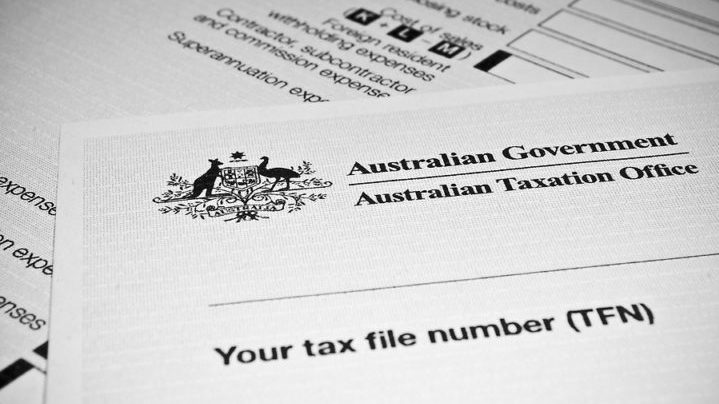The Institute of Public Accountants (IPA) has cautioned people to not rush things in filing their tax returns this year just so they can get a refund to offset the financial hardships brought on by the pandemic.
“There are a lot of new variables such as COVID-19 related payments to be considered in submitting tax returns for the 2019/20 financial year,” IPA CEO, Andrew Conway, said. “We understand that some individuals have been adversely impacted by COVID-19 and want to get their hands on their refund as quickly as possible.
Conway highlighted the issues such as that people believe will lead to them getting a larger than usual refund this year: loss of employment; reduced earnings; rental property losses due to tenants being unable to pay or have negotiated a lower occupancy rate; deductions for protective COVID-19 measures such as gloves, face masks, sanitisers; and increased working from home expenses.
“Those who have lost their employment this year and have received JobSeeker will need to wait for Services Australia to load this information into the pre-fill as this entitlement represents income which is taxable and needs to be added to other income,” Conway said.
“Services Australia does not normally withhold tax so this may adversely impact on the individual’s overall tax situation which may turn a refund into an amount payable depending on personal circumstances. Similarly, if the employers have not withheld the proper amount of tax from JobKeeper payments this, too, can have an impact on the refund amount.
“Another reason to hold fire is that employers with 20 or more employees will have until 14 July 2020 to finalise single touch payroll data,” Conway added. “Smaller employers have until 31 July 2020 to finalise. If someone has interest, dividends, or trust distributions, then it is even more important not to lodge early until this data has had time to hit the pre-fill records.”
He pointed out that where a sole trader is receiving JobKeeper as an active participant, those payments will need to be included as part of their business income.
Conway noted that the ATO will also be continuing to look closely at work-related deductions, urging people to remember that the three golden rules: you must have spent the money and not been reimbursed; it must relate directly to earning your income; and you must have a record to prove it.
“Our strong message is to wait for the information to become available before you lodge; otherwise, you may end up with an unexpected tax bill and angst down the track,” Conway said. “Discrepancies will create reverse workflow and expose taxpayers to interest and/or penalties. The variables this year may be more complex, so we recommend not to rush in too early and seek advice from your public accountant.”













